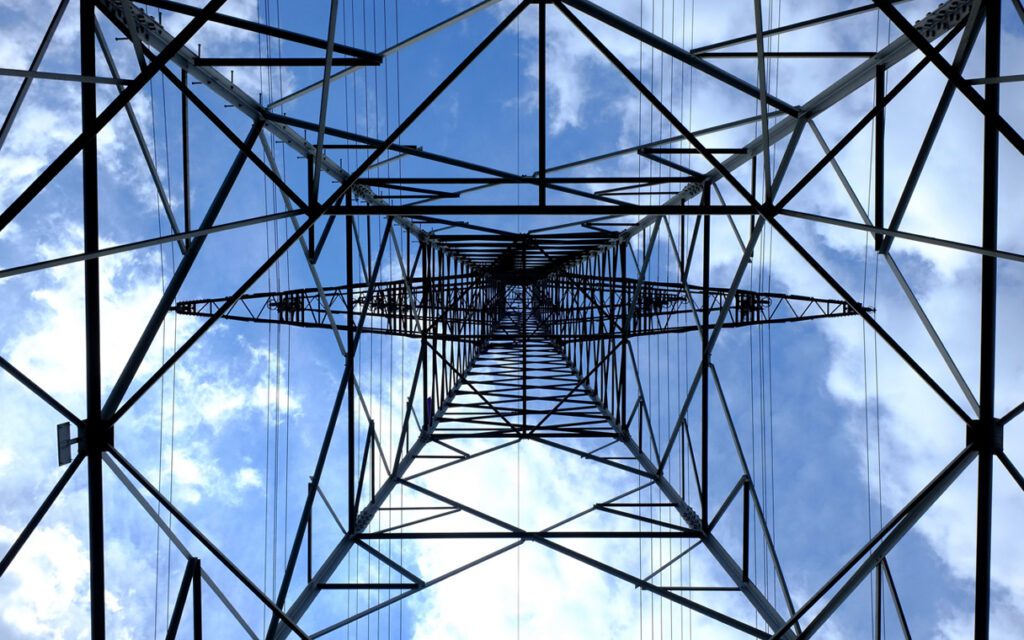The Targeted Charging Review (TCR) is an initiative established by Ofgem (Office For Gas and Electricity Markets) aimed at ensuring energy network charges are fair for all businesses.
This fundamentally means charges for businesses connected to the network should be based on the size of their site and overall energy usage.
OFGEM’s investigation determined these charges were uneven between large and small business consumers, partially down to load-shedding strategies employed by larger consumers.
New practices will see:
- Transmission charges becoming fixed and dependent on usage.
- Distribution rates decreasing and costs weighted more heavily towards daily charges.
- Overall charges differing depending on your meter type.
Following years of delays, the new system is finally being rolled out in April 2023.
In the following piece, we discuss how the changes will be implemented and where businesses can monitor the effect on their bills.
What are network charges?
Network charges refer to the contribution businesses pay towards the operation and maintenance of energy distribution networks that deliver gas and electricity throughout the UK. In layman’s terms, its believed that if you are connected to the network, you should pay a fair contribution for its upkeep.
These charges make up a percentage of your business energy costs and were previously itemised as TNUoS (Transmission Network Use of System) and DUoS (Distribution Network Use of System) on your billing.
Following the rollout of TCR, these charges have been incorporated into standing charges, meaning they may no longer be itemised on your bills.
How will TCR change things moving forward?
TNUoS
Historically, TNUoS charges were determined by businesses demand during Triad periods, calculated as the three highest peaks during the winter. Traditionally, many high-energy consuming businesses would reduce consumption or switch to on-site energy generation during predicted Triad periods to minimise costs.
Moving forward, this process is being scrapped and, as of April 2023, 90% of TNUoS charges will be based on a series of fixed charging bands.
Businesses will be allocated a banding based on the size and location of your premises. Depending on your meter, the charge will be calculated differently:
- Half-hourly meters (HH): Charge determined by meter capacity.
- Non-half-hourly meters (NHH): Charge determined by your annual consumption.
These figures will be calculated over a two-year period between October 2018 and September 2020.
DUoS
Changes to DUoS have already been implemented by OFGEM and were rolled out in April 2022.
DUoS charges were calculated using rates that differ depending on the time of use. These time bands were split between Red, Amber and Green periods. The changes brought into play in 2022 saw a continuation of the traffic light charging system, however, the overall cost of the rates were decreased and the DUoS daily charges increased accordingly (for those with higher Available Supply Capacity (ASCs), also known as kVA, being charged significantly higher DUoS daily rates.)
Ofgem will review and may revise these charging bands and their boundaries so that they can be implemented alongside new electricity price controls, with the next review taking place in April 2026.
How do I know what band I’ll fall into?
The District Network Operator (DNO) in your local area will provide clarity on what band your business will fall into, based on your ASC. If you’re unsure who your DNO is, you can find out via the Energy Networks Association website.
Which businesses will be most impacted?
As we alluded to earlier, larger energy consumers who previously reduced their energy usage during peak triad periods are expected to be the most impacted. However, price increases are expected to be commonplace across the board, so don’t assume your charges will remain the same even if you’re a smaller organisation.
How can Procure Smart help?
Here at Procure Smart, we’re conscious that the TCR changes are complex to understand even if you have a broad understanding of the energy sector.
We pride ourselves on stripping the complexities out of business energy headaches and making the process as simple for our customers as possible.
For this purpose, if you’re looking for an examination for changes into your future energy charges, or someone to carry out engagement with your DNO on your behalf, Procure Smart are more than happy to offer free advice in this area.
Our dedicated account management team will oversee the whole process and deal with any queries from suppliers.
Speak to us for a free, no-obligation chat about TCR today on 0330 822 1681.

